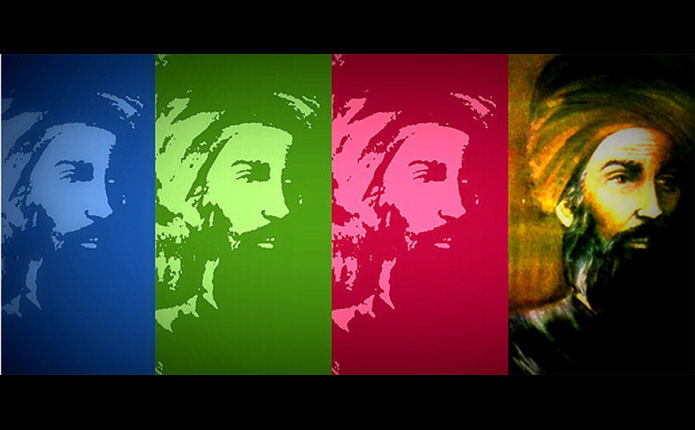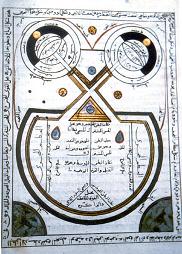

Human knowledge in all fields and disciplines has been developed over thousands of years, every new generation takes the knowledge discovered previously and either adds onto it or corrects any errors found within it. There…


Medicine has a great many "fathers" of the profession; Hippocrates in Ancient Greece, Sushruta in Ancient India, Hua Tuo in Ancient China, Guy de Chauliac and Ambroise Paré in France, Scotsman John Hunter. American William…


This article has been produced from Chapter 6 "Contributions of Arab and Islamic Scholars to Modern Pharmacology" of the Book “Greco-Arab and Islamic Herbal Medicine: Traditional System, Ethics, Safety, Efficacy, and Regulatory Issues” by Bashar…


This article presents Abu'l-Qasim Khalaf ibn 'Abbas al-Zaharawi, Arabic أبو القاسم خلف بن عباس الزهراوي, Latin Albucasis (936-1013 A.D.), one on the most outstanding Arabic physicians and the most remarkable Arabic surgeon. His work had…


In 2013, the world community of scholars celebrated a millennium after the death in 1013 of the renowned Andalusian physician- surgeon Abu al-Qasim al-Zahrawi (Abulcasis).


During the classical Muslim civilisation, big scientific advances in medicine were made. Muslim doctors began by collecting all the medical observations and theories of their predecessors, especially Hippocrates and Galen, and built an original and…


The Turkish physician Serafeddin Sabuncuoglu (1385–1470) is the author of a famous treatise of surgery, Cerrahiyetü'l Haniyye (Imperial Surgery), composed in Turkish in 1465. It was the first illustrated surgical atlas and the last major…


In this study, we present a brief commentary on four books written by Muslim physicians and medical authors who lived between the ninth and the eleventh centuries, having to do with urology, with a special…


With few exceptions, most of the current publications on history of urology still ignore the scientific and technological events of the more than a thousand years between the Greco-Roman times and the modern era. This…


The medical sciences and related fields have enjoyed great peaks in achievement through Muslim scholarship, which raised both standards of practice and the status of the physician. This article delves into the vast history of…


Al-Zahrawi's medical encyclopaedia, used in Europe's Universities from the 12th-17th century, discusses under-arm deodorants, hair removing sticks, hand lotions, hair dyes, hair care, suntan lotions, remedies for bad breath, nasal sprays and much more.


Advances in Muslim chemistry led to the development of Muslim pharmacology. Al-Zahrawi made pioneering developments in the preparation of medicines by using sublimation and distillation. Others excelled in chemical technology.


Abu al-Qasim Khalaf ibn al-Abbas Al-Zahrawi (936-1013 CE), also known in the West as Albucasis, was an Andalusian physician. He is considered as the greatest surgeon in the Islamic medical tradition. His comprehensive medical texts,…